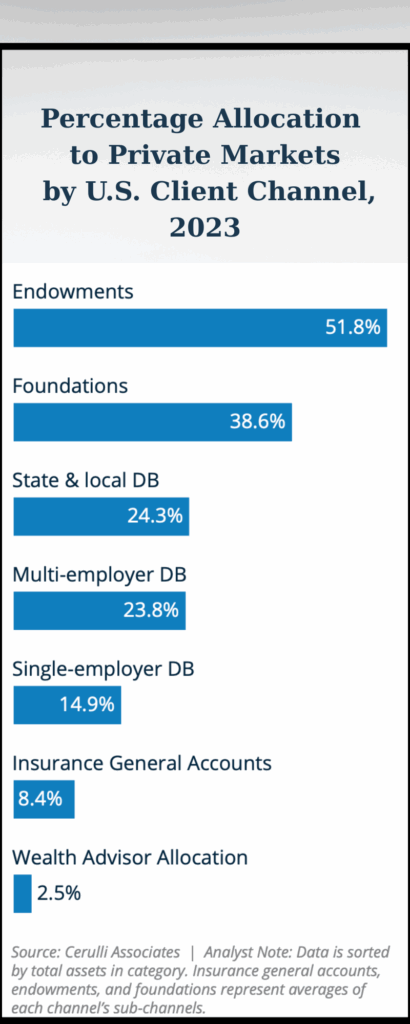Authors of a new study from the Center for Retirement Research at Boston College take issue with the politically-charged conventional wisdom that 401(k)s and similar tax-deferred employer-sponsored retirement savings plans benefit highly-paid workers much more than lower-paid workers.
In their paper, “Do Low Income Workers Benefit from 401(k) Plans,” Karen E. Smith and Eric J. Toder, assert that every dollar that an employer contributes to a male highly-paid worker’s 401(k) account reduces that worker’s take-home pay by 90 cents, on average. But the same contribution to a male lower-paid worker’s account reduces his take-home pay by only 29 cents, on average. Apparently the wages of lower-paid workers are less compressible. (For women, the corresponding figures are 99 cents and 11 cents.)
So, while the worker in the higher tax bracket enjoys a greater benefit from tax deferral, the worker in the lower tax bracket has relatively less of his pay replaced by employer contributions. The study assumes what most economics assume: that employer contributions are carved at least partially out of regular compensation and don’t represent an additional benefit.
The study may help solve the mystery regarding low participation rates and/or low contribution rates among lower-paid employees. First, lower-paid employees may recognize that their contributions don’t benefit as much from tax-deferral. Second, their contributions are more likely to require sacrifices in consumption.
In addition, though lower-paid workers may not realize it, the exclusion of employer contributions from the basis for payroll taxes undermines their accumulation of Social Security benefits to a greater degree than it undermines the benefits of higher-paid workers.
© 2011 RIJ Publishing LLC. All rights reserved.


